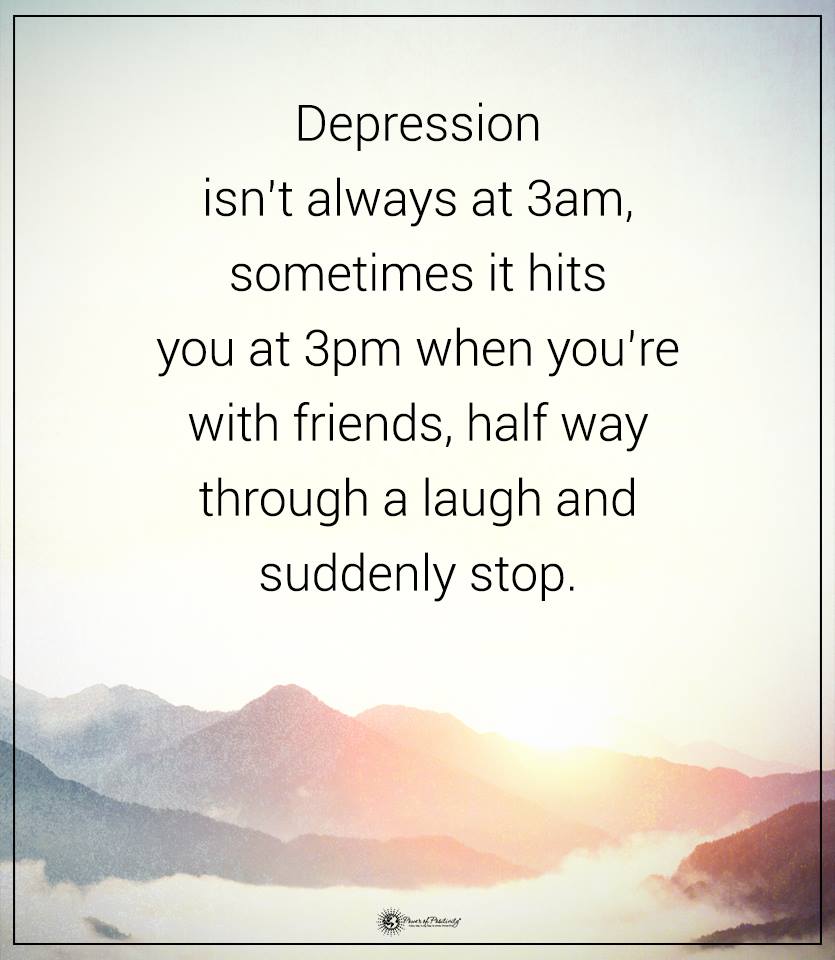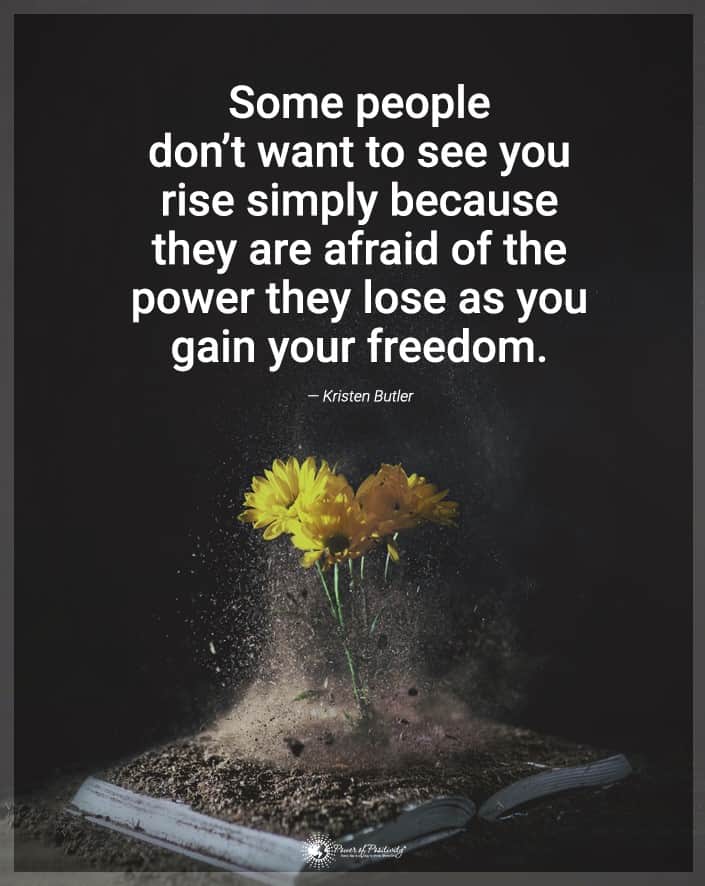Let us face it. Regardless of how much progress we make, we will still have bad days.
Everyone experiences tough times, bumps in the road and an abundance of negative thoughts from time to time. With so many outside influences affecting our mood, it’s no wonder it’s hard sometimes to stay in a place of positivity. At times, a bad day can seem like the end of the world, and it’s up to us to pull ourselves out of the funk.
Listed here are some quick steps you could take to help you overcome a bad day:
1. Get in touch with your support network.
When we are having a bad day, it is tempting to go and hide out. Research shows that contact with others, especially people that are supportive of us and are happy enhances our mood. So we must make sure we see or talk to other people, particularly people you that are important to us.
2. Listen to music.
Get out your favorite playlist. Music has a way of elevating our mood. Catchy beats, good lyrics and an artist we resonate with can turn our bad day around with just a song or too. So put on the tunes. Oh and a little dancing won’t hurt.
If part of your bad day includes a lot of angst and drama, then maybe switch gears to some calming music. Research has found that hearing classical music for only 10 minutes a day reduced participants’ bad moods. And in another study, scientists found that hearing music dropped blood pressure, heart rate and levels of anxiety hormone cortisol.
3. Play dress up.
Put on some fancy or pretty clothes. Sometimes, dressing the part can help elevate our day. At times we can get very stressed by clothing; it can feel limiting and can cause anxiety, and we might not even be aware of it. Changing clothes to something more comfortable or appropriate will help us feel better about ourselves and the situation.
4. Exercise.
Make sure you exercise because it is a natural and automatic mood booster. Whenever we’re feeling down, heading outside for a run (or walk) or hitting the treadmill will produce a shift in how you feel and how you are looking at things. Even something as simple as a stretching routine or a few yoga postures can create a big change in your bad day.
5. Eat better.
When we are having a bad day, it will serve us well to look at our nutrition habits. Are we eating and staying properly hydrated? If the answer is yes, then are we eating foods that are good for us, or are we driving through somewhere? Choosing good fuel for our bodies not only nourishes us and gives us energy, but it also feeds our mind so we can rationally approach our challenges.
5. Do nice things for somebody else.
Do good deeds and allow the good to overtake the bad. When we are giving of ourselves without an agenda, our mood automatically shifts into a place of kindness and gratitude. It is a powerful prescription for a day that is draining our energy.
6. Assume control.
When we feel like we have little control of over our lives, even if we are happy, this lack of control leaves us feeling powerless. When a certain situation is bothering us, we need to identify the parts we can control. For example, when we wake up late, we can’t change the fact that our schedule is off, but we can look at how to reconfigure our morning to arrive on time. We can also choose to be late and explain the situation honestly and thoroughly to our boss. What we don’t need to do is start our day off by beating ourselves up because we woke up late. We just need to move on.
7. Get outside.
Being in nature and breathing fresh air in natural light is an automatic mood enhancer and can help calm the chaos around you. When we get outside, we see the best of our world. The plants and trees, the architecture, and even other people can all help put things into perspective so you can go back to your day with a better outlook.
So when we find ourselves waking up on the wrong side of the bed, the first step is to find a way to shift our perspective and calm our mind. It’s in that state of calm that you can recognize why you are feeling what you’re feeling and start to take the right kinds of action towards setting your day back on the right track.
There are plenty of other ways to combat a bad day: meditation, practicing mindfulness or even sitting in quiet to help step out of the drama and put things into a more rational perspective. When we take action instead of reacting to the challenges we face, we can turn a bad day around on a dime.











